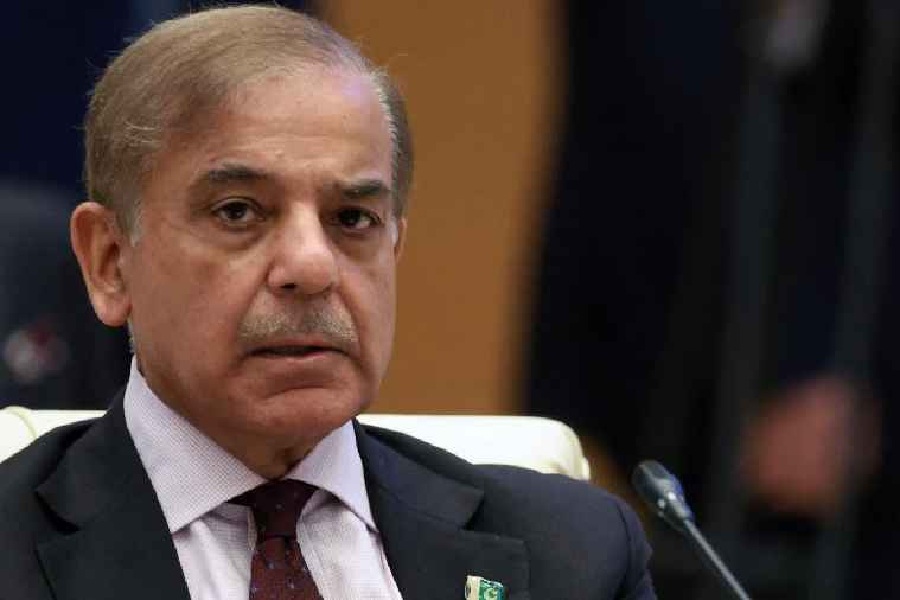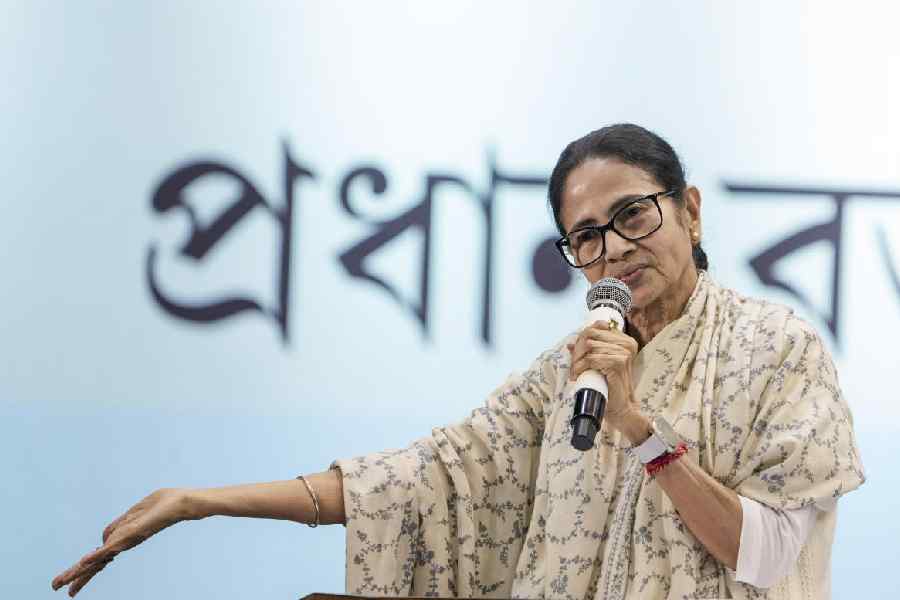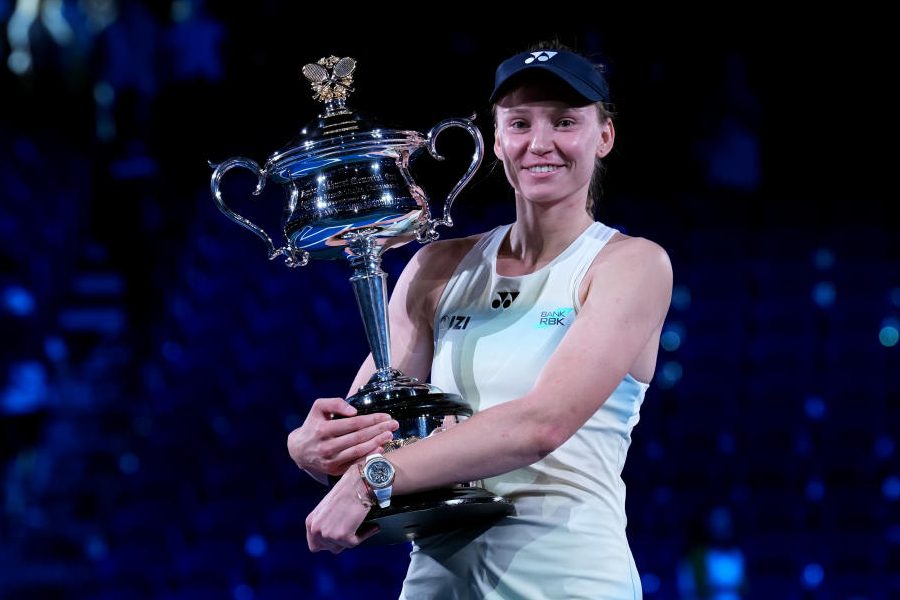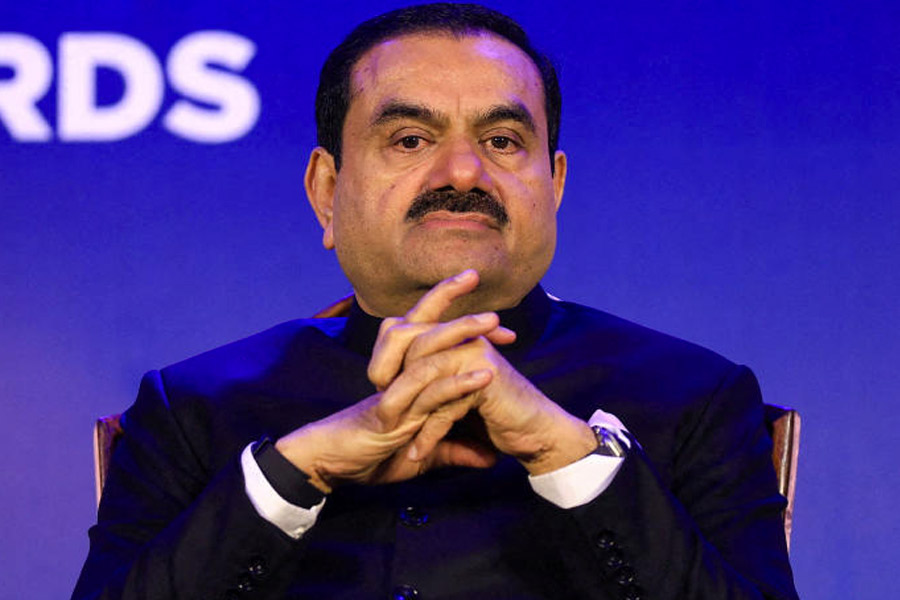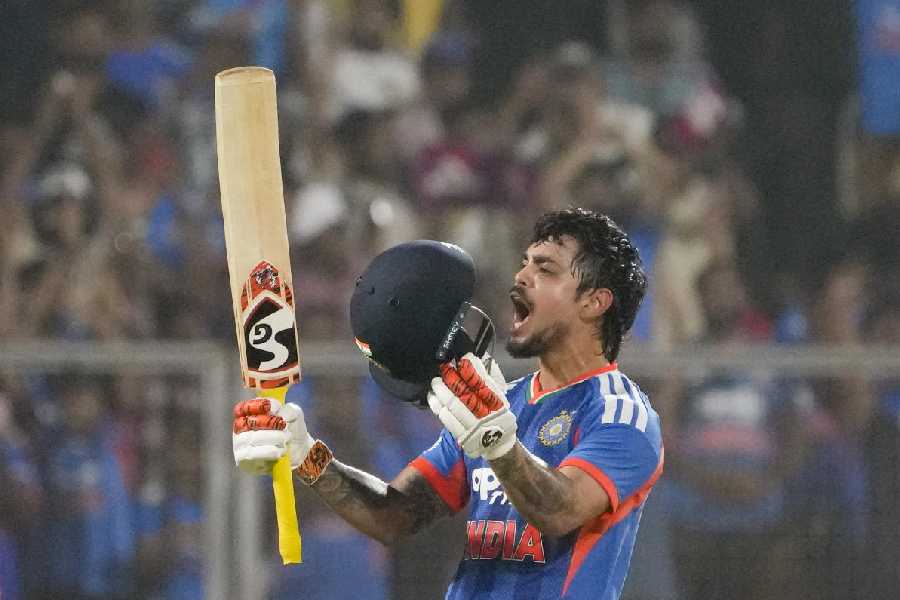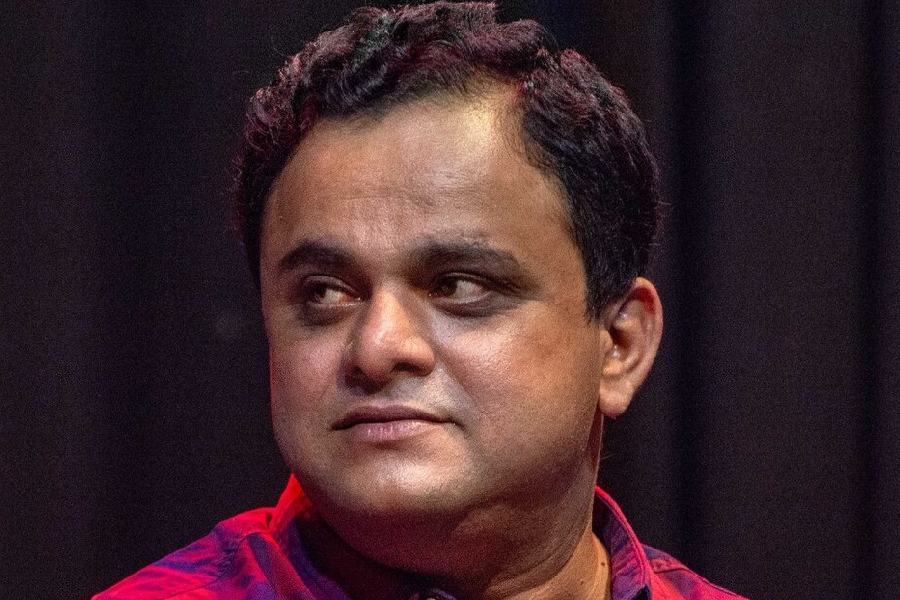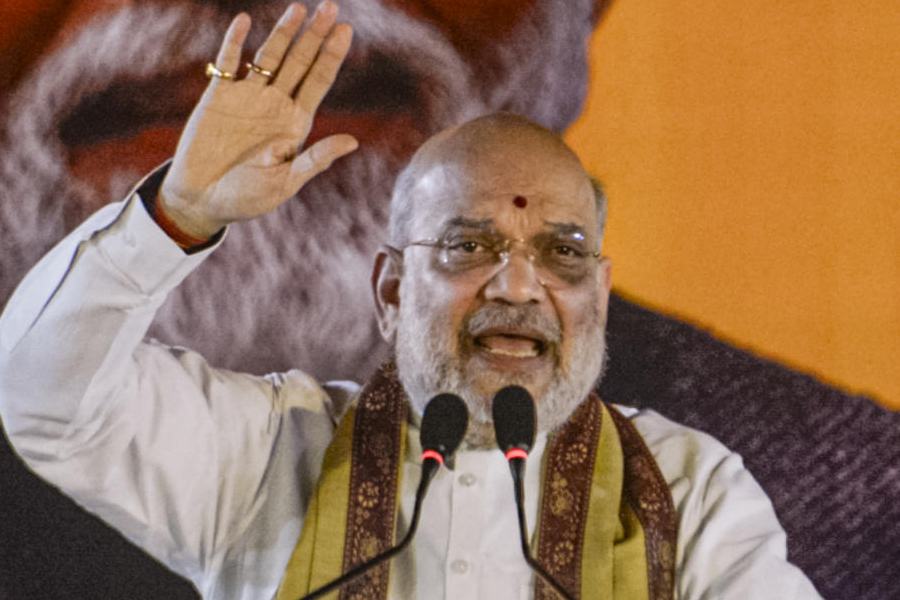If the Bihar chief minister, Nitish Kumar, declared his support on August 25 for the Patel community's demand for reservations, he was not doing so only to politically corner the prime minister, Narendra Modi, on his home turf. He had concerns much closer home that also drove his decision to extend his support to the Patel community. The Kurmis of Bihar - as well as of Uttar Pradesh and Jharkhand - often equate themselves with the Patel community of Gujarat, Madhya Pradesh and Maharashtra. The Patidars, or Patels, of Gujarat are not just a farming community. They have emerged as a powerful community - politically, socially and economically - in India and abroad.
In contrast, the Kurmis in Bihar and Uttar Pradesh are numerically and entrepreneurially not so strong. They are a socio-economically backward caste which, according to some estimates, does not even constitute five per cent of the population in Bihar, whereas in Gujarat, the Patels form nearly 20 per cent of the state's population. Both the chief minister, Anandiben Patel, and the finance minister, Saurabhbhai Patel, belong to the community. There are about 1.5 lakh Kurmis in Narendra Modi's Varanasi parliamentary constituency; numerically, they are third only to the Brahmin and Muslim communities. Many of them in Bihar adopt 'Patel' as their last names. During his election campaign last year, Modi chose to pay glowing tributes to Sonelal Patel, the founder of the Apna Dal. Be it during the Jayaprakash Narayan movement in Bihar in 1974 or the pro-Mandal movement of the early 1990s, Patna's Patel Chhatrawas played a significant role in putting forth several Kurmi politicians.
Slow progress
There are hundreds of educational and other institutions named after the Patels in Bihar. Soon after Narendra Modi, then the Gujarat chief minister, announced his plan to build the world's tallest statue, of the first home minister of India, Sardar Vallabhbhai Patel, the Bihar chief minister in September 2013 unveiled a life-size statue of the iron man of Indian politics in a college named after him in Bihar Sharif. Kumar has always tried to strengthen his bonds with the Patels of Gujarat. In the UP assembly elections in 2012, he went to campaign for the Janata Dal (United). Although the JD(U) and the Bharatiya Janata Party were still sharing power in Bihar then, the two parties contested the UP polls separately.
But Kumar's move to mobilize Kurmi votes, especially in eastern UP, failed to yield any results. The Apna Dal contested the Lok Sabha elections in 2014 in alliance with the BJP and won two seats, while the saffron party walked away with 71. The Samajwadi Party and the Congress had to contend with five and two seats respectively. Unlike the Patels of Gujarat, the Kurmis of Bihar have serious problems. They are still an essentially agrarian community, although, after the emergence of Kumar, they have entered different fields of business, such as construction, real estate and education. Still, they lag behind the upper castes and other trading communities.
The leader of the Patidar Anamat Andolan Samiti, Hardik Patel, is well aware of the bond his community has with the Kurmis of Bihar; at a massive rally in Ahmedabad on August 25, he said - even before Kumar openly lent his support - that "Nitish Kumar bhi hamara hai." The Rashtriya Janata Dal chief, Lalu Prasad, was also quick to lend support to the Patels in Gujarat. But the national president of the JD(U), Sharad Yadav, took a different stand. He spoke in Saharsa a day after Kumar lent support to the Patel agitation. Sharad Yadav opposed the movement on the grounds that the Patels are a 'well-off community' that need not agitate for reservation.


